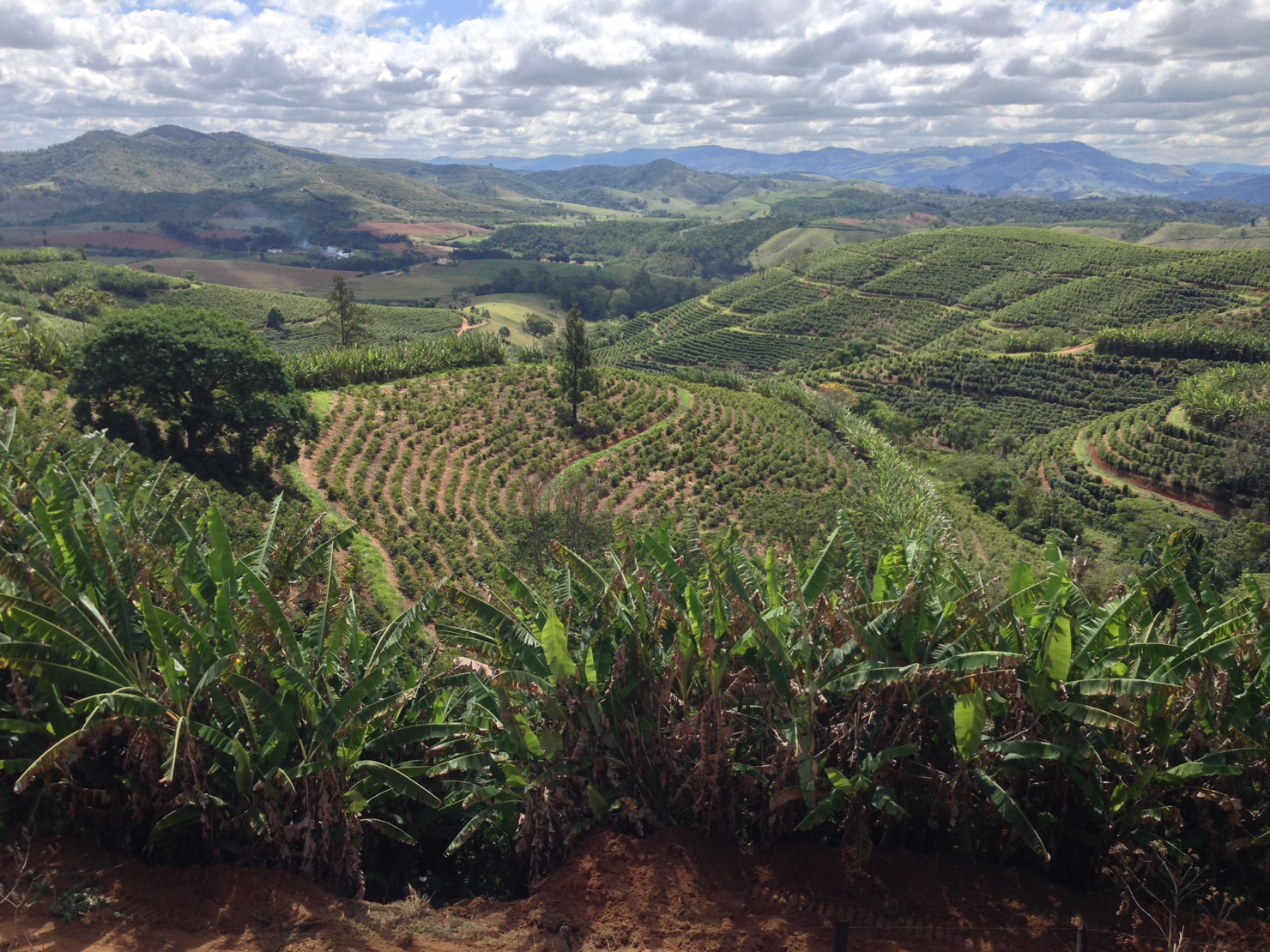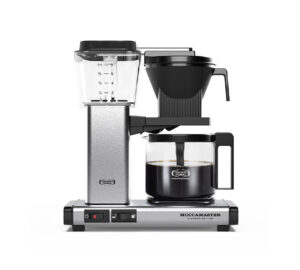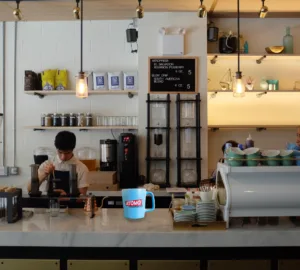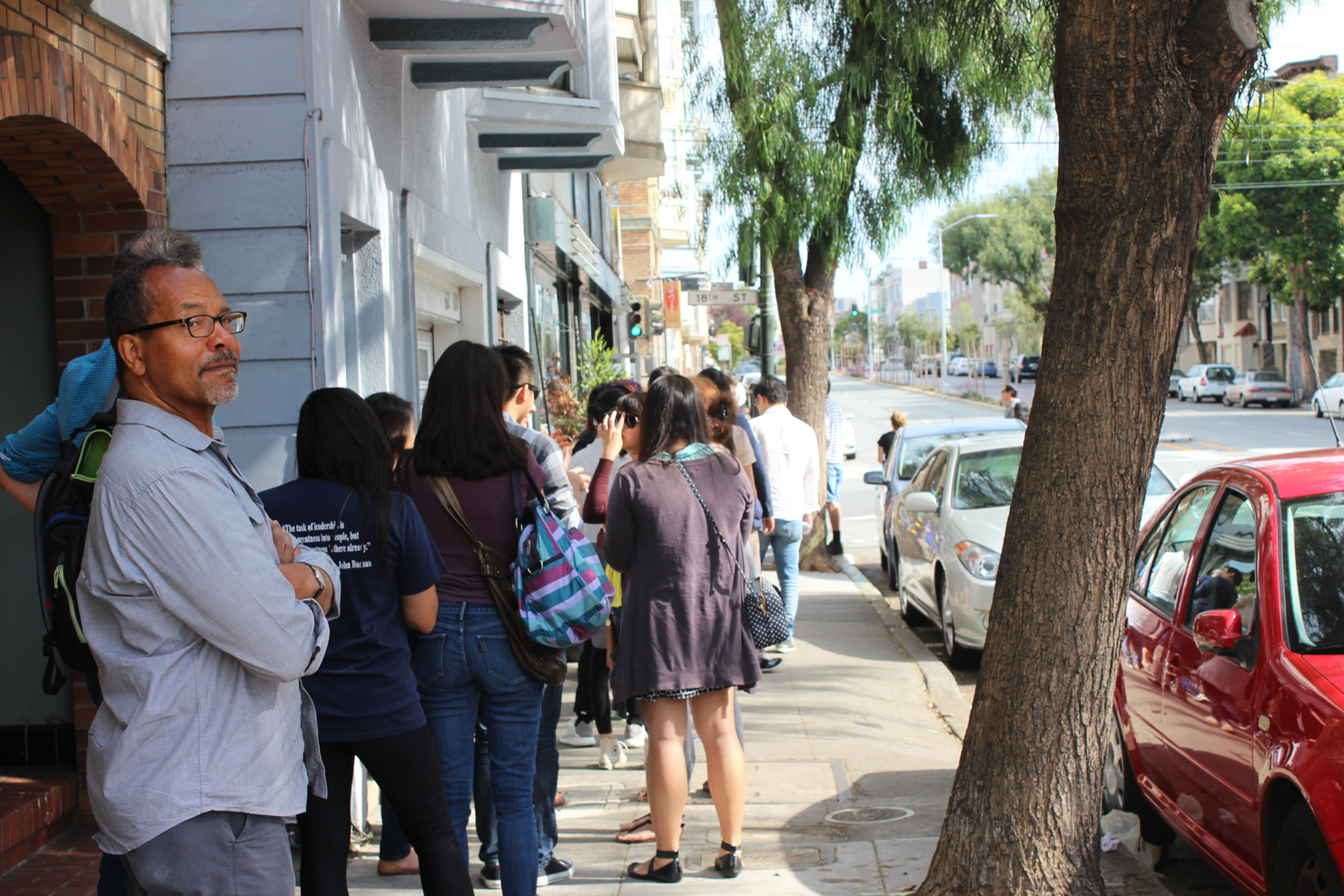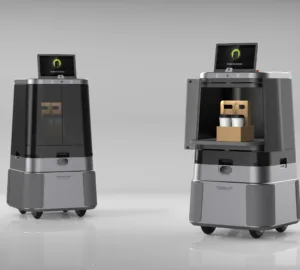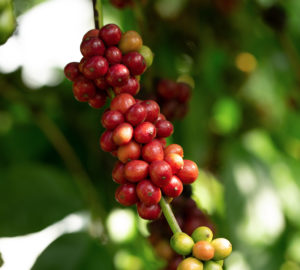Brazil is the de facto foundation for the global coffee trade. While not always associated with the super high-end record-breaking coffees (though still home to some exceptional coffees), the world’s largest producer is the backbone of coffee consumption the world over. As goes Brazil so goes coffee drinkers everywhere, and if the current inventory forecast is true, a coffee shortage may be fast approaching.
As reported by Bloomberg, Brazil is heading toward record-low stockpiles of coffee, and the rest of the producing world may not have the inventory to meet the growing demand. A “more comfortable level” of coffee in the Brazilian stockpile is traditionally anywhere between 9 and 12 million 60kg bags. But per National Coffee Council president Silas Brasileiro, the country to drop to as low as 7 million bags by March.
Production in Brazil over the past year has been hampered by draught, frost, and logistical issues keeping crops from making it to market. Meanwhile, demand continues to increase anywhere between 1.5 and 2% year over year. This has led to an 11% increase in the coffee stock price on the futures market.
Other countries find themselves facing similar shortages and won’t be positioned to pick up the slack. Adverse weather systems, like La Nina—which is expected to tamp down Brazil’s production by extending too-dry growing conditions—could deflate overall crop numbers in Colombia, the second-largest producer of Arabica, Guatemala, Honduras, Nicaragua, and leading Robusta producer Vietnam, whose stockpiles woes run in parallel to those of Brazil’s.
Nelson Carvalhaes of Cecafe states that stockpiles “are so low that even if we have a good crop next year, Brazil may just barely have enough to serve demand,” continuing, “We just need to have the rain.”
It’s a tale of two coffee industries. On one side, there is the ultra-high end, extremely scarce coffee selling for record-breaking numbers. On the other is the commodity coffee, the stuff the majority of the world consumes on a daily basis. And while the roof keeps raising, benefitting a select group of farmers, the floor struggles to stay afloat. Prices may rise, but generally as a response to decreased supply, a zero-sum game for those most ill-positioned to withstand it. Weather is certainly a contributing factor—and will continue to be, even more so, for as long as global warming goes unaddressed—but still, many of these problems are man-made. And there may only be one solution for that.
Zac Cadwalader is the managing editor at Sprudge Media Network and a staff writer based in Dallas. Read more Zac Cadwalader on Sprudge.
Photo originally appears in Brazil Harvest Watch: Predicting The Harvest With Top Brazilian Producers by Paulo Pedroso for Sprudge











